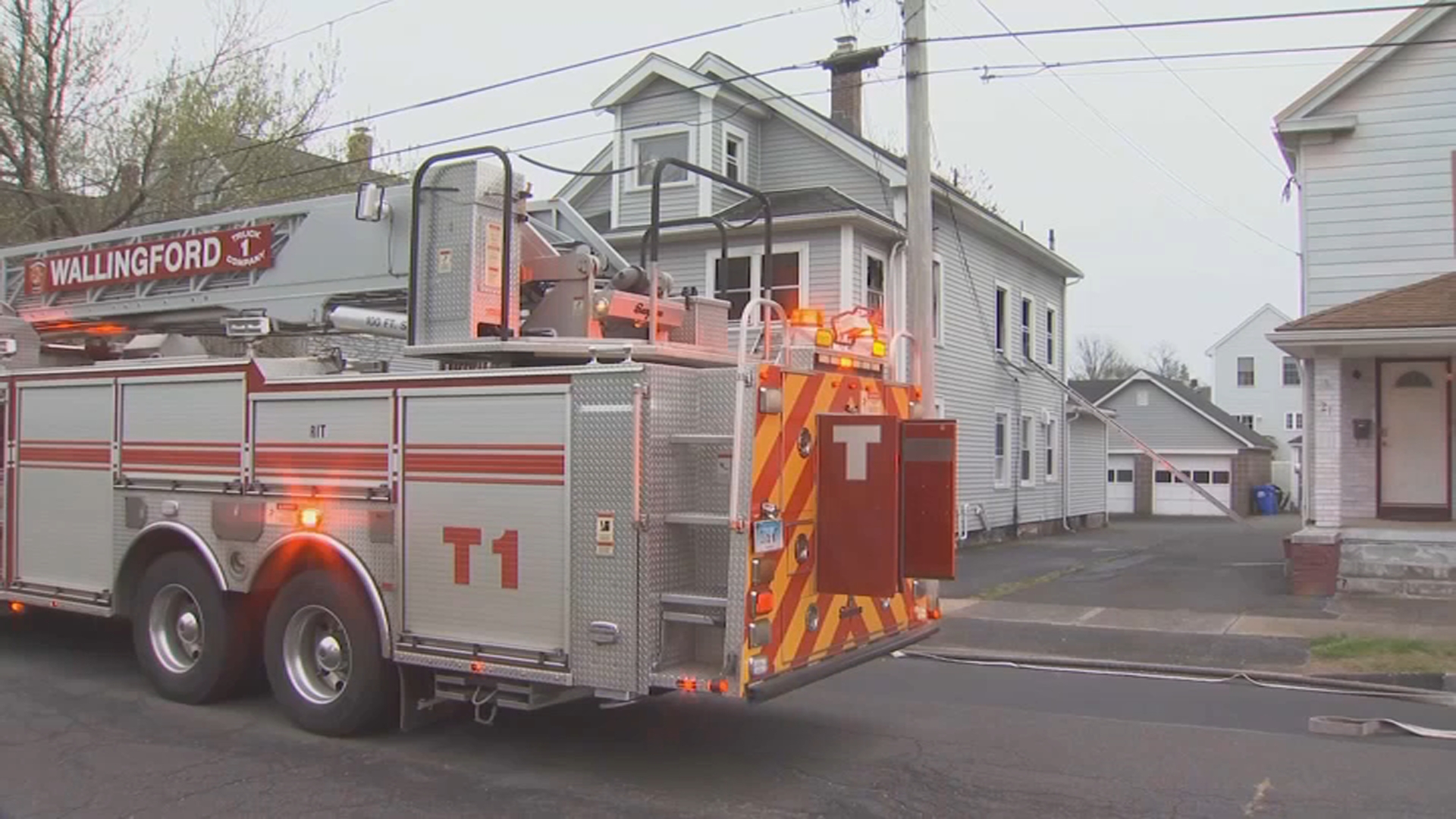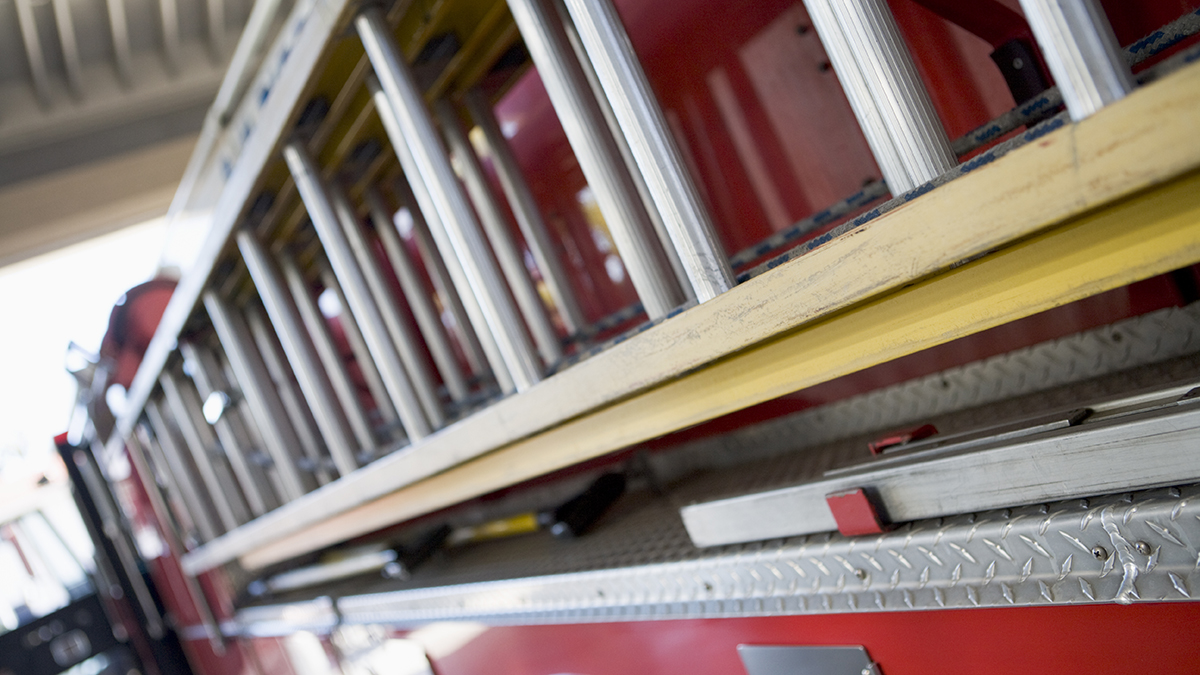A new school year often comes with uncertainty especially when starting high school.
“I think it’s going to be different. Schedules are going to be different. Friends are going to be different,” said incoming freshman Amia Beasley.
This year, the coronavirus is adding to that trepidation for the Waterbury student.
“I’d rather stay home and do virtual learning,” she said. “I don’t feel comfortable being that close to people.”
Beasley will have that option, under two different plans the district has created.
Plan one allows for either in-person or virtual learning. Plan two includes a hybrid of morning instruction in the classroom followed by virtual learning in the afternoon. A third plan, which puts all students in the virtual academy, is reserved for school closures.
“It’s going to be driven by a focus first of to get everybody back to school and then the data that will inform us about the current status of COVID-19… where we are in the beginning of August and where we might be in the beginning of September. I think that’s when we’ll know whether it’s plan one, plan two, or plan three,” explained Waterbury Public Schools Superintendent Dr. Verna Ruffin.
Local
Amia’s mom said if the district decides to go with plan one, she’ll keep her daughter home.
“I don’t feel comfortable myself with a mask on all day so I can just imagine how she would feel with a mask,” said Maynda Bynum.
However, she does like the hybrid option in plan two.
“Half a day, she comes home for lunch, eats lunch at home and then does the virtual learning for the rest of the day. I’m comfortable with that,” explained Bynum.
Ruffin said most students attending school in person will eat in their classrooms but there may be opportunities to eat in the cafeteria in some school buildings.
While masks or face shields will be required, Ruffin recognizes there will be difficulties getting younger children to comply.
“I think that when we go into this next year we know that there are certain age levels that may not have masks in schools. So, we pay attention to the distancing in schools,” she said.
Desrine Bridgemahon’s daughter will start first grade this year. She said she’s worried that she and her classmates are too young to follow social distancing rules.

“They want to touch their hair, they want to touch their face, they want to do all that stuff, and at that young age they’re not able to understand that you can’t do that,” Bridgemahon pointed out. “I’m hesitant. I understand that yeah school has to happen, but also they’re not going to understand.”
That feedback isn’t a surprise to Dr. Ruffin. The district’s been engaging with parents and teachers throughout the summer.
“I would say it’s over half of our parents who have voiced a concern about sending their student to school,” she said.
“I want my son to be in school cause that’s for his future but at the same time I’m really worried for my mom,” said Babita Parbhu.
For Parbhu the decision affects more than just her son’s senior year. Her mother who lives with them recently recovered from open-heart surgery.

“I don’t want something to happen to my mom right now and then at the same time I don’t want my son to feel that I’m keeping him home, which he should be in school,” she shared. “We have to sit and talk and make a decision.”
The parents who stated that they’d rather keep their children home expressed the same concern about long-distance learning.
“I would like more teacher to student interaction,” said Bridgemahon.
“More teacher involvement. More teachers reaching out to the kids. She struggled a lot with emailing teachers and teachers not emailing back,” said Bynum.
Ruffin admitted that improving communication is a top priority.
“That was a huge issue. So we’re looking to a schedule with in-person contact between teacher and students. So, designating times, designating expectations. Office hours as well,” said Ruffin.
Ruffin said the district will also encourage parents to drop off and pick up their children. They’ll provide free before and after-school care as an incentive.
“I continue to struggle with reconciling CDC guidelines with what the state’s recommendations are for returning to school,” said Kevin Egan, president of the Waterbury teacher’s union.
Egan said he thinks the preliminary plan announced on Wednesday will serve as the foundation for a much more specific submission the state must receive from the district by July 24.
“I do believe it’s going to be difficult no matter what situation we’re placed in,” he said.
The district also faces the major expense of purchasing PPE for students and staff who come to school without it. Ruffin didn’t have an exact figure but said it cost more than implementing new curriculum.
“It’s frightening. It’s not a number that you could even closely say you could anticipate adding,” admitted Ruffin.



